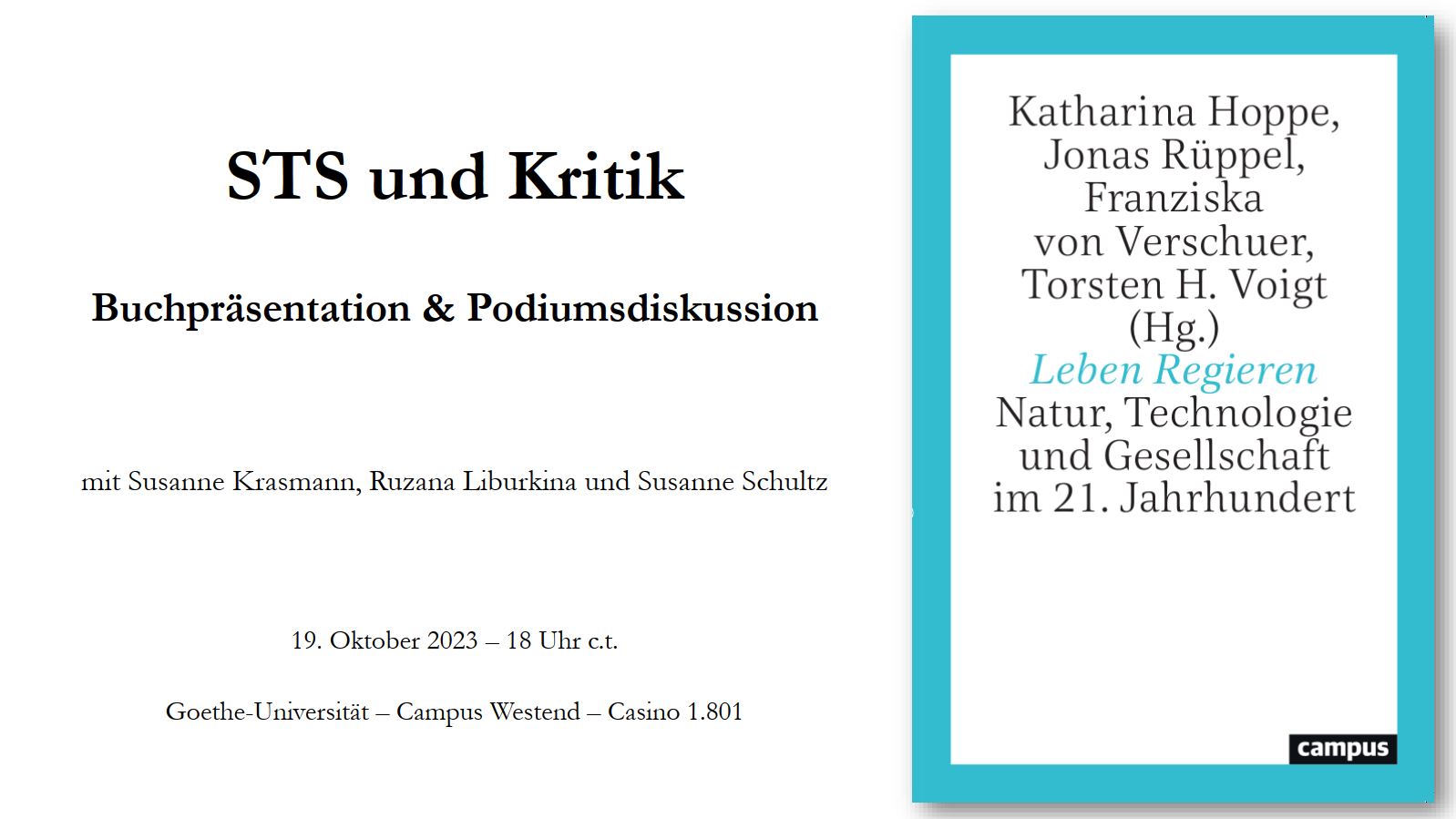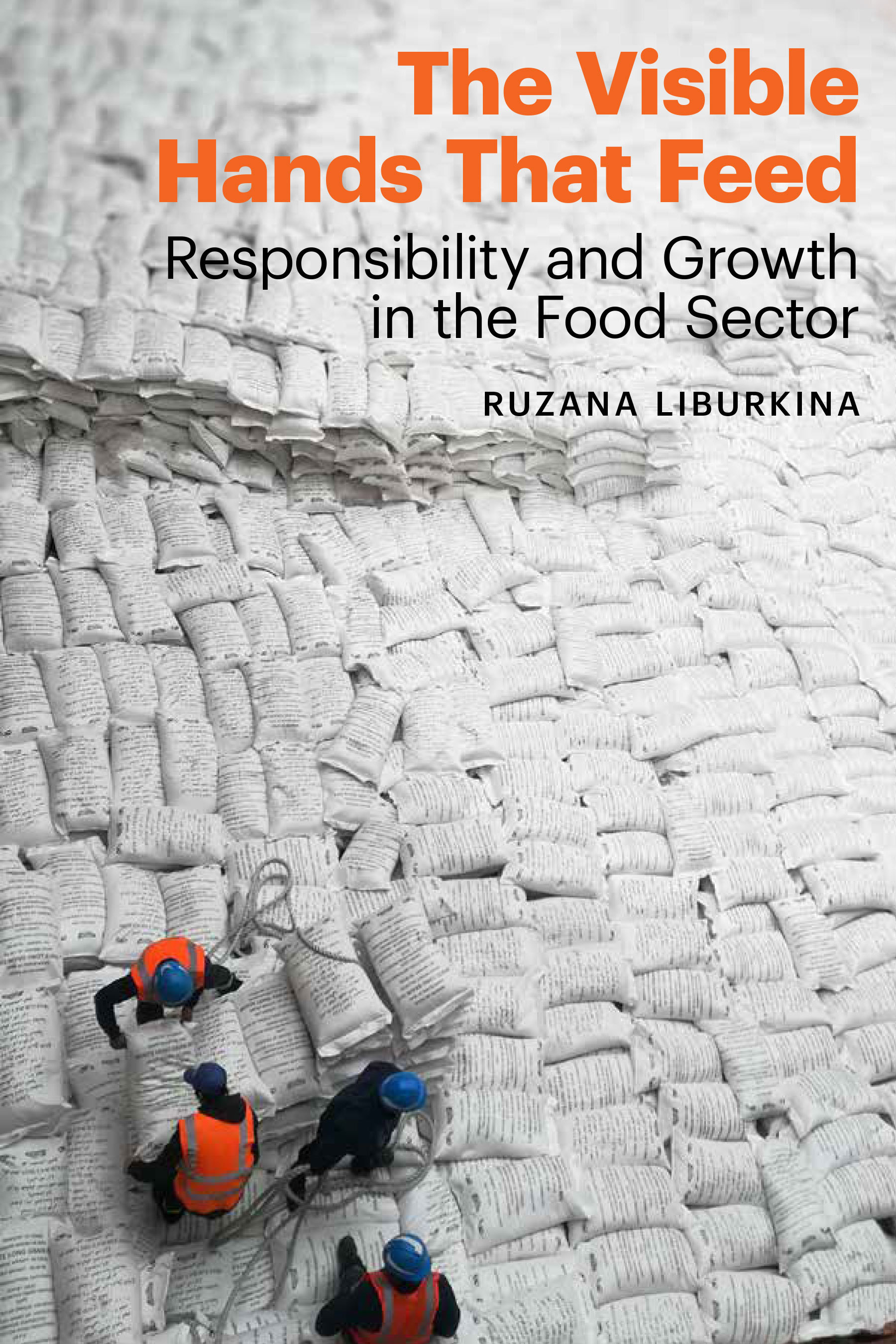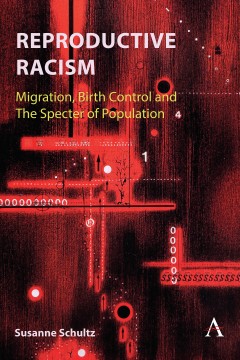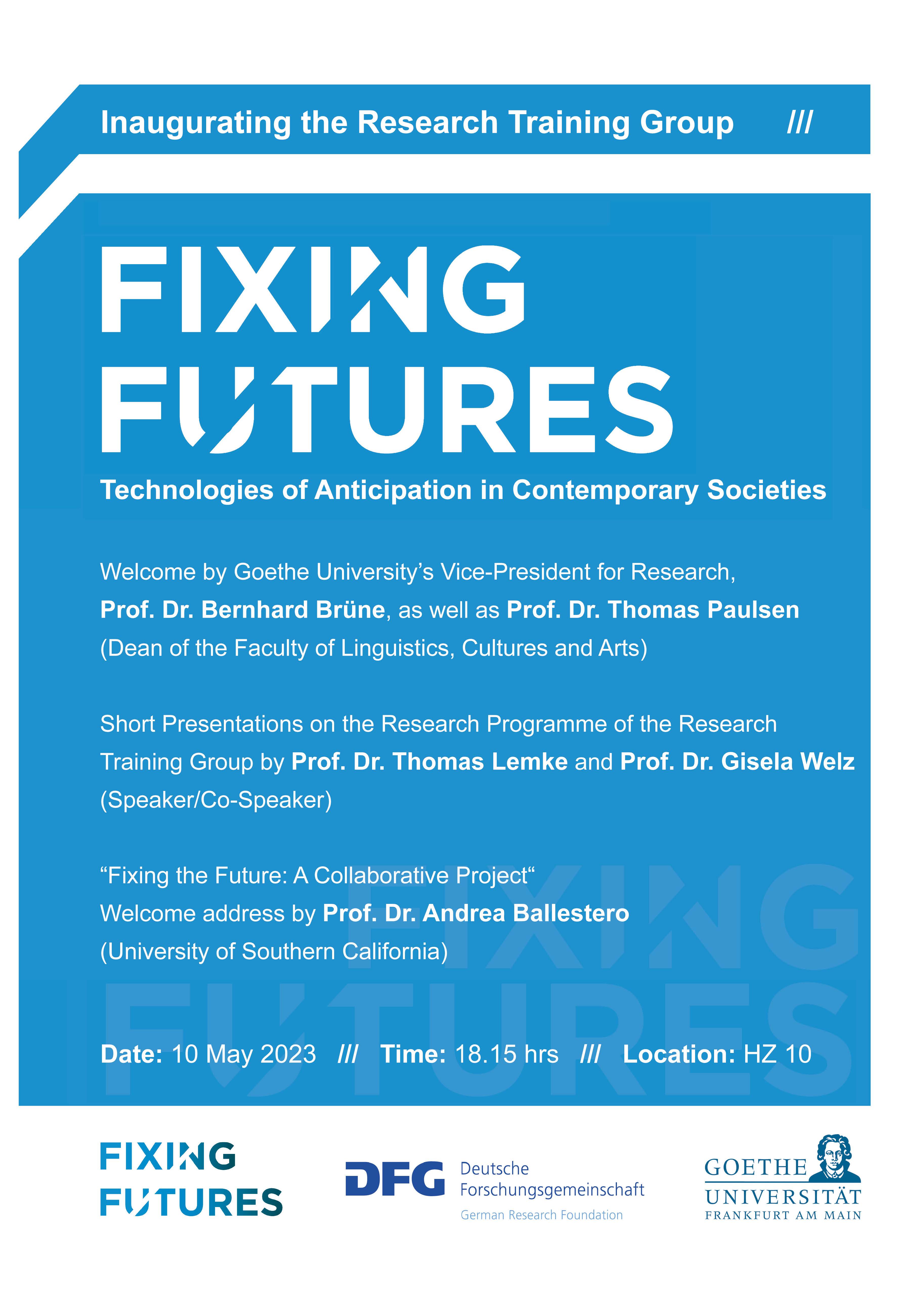Aktuelles
Auf dieser Seite finden Sie aktuelle Meldungen der Professur „Biotechnologie, Natur und Gesellschaft".
Für vergangene Nachrichten besuchen Sie bitte unser Archiv.
Leben Regieren - Natur, Technologie und Gesellschaft im 21. Jahrhundert || Buchpräsenation || Podiumsdiskussion || Susanne Krasmann, Ruzana Liburkina, Susanne Schultz || Goethe Universität Campus Westend
Wo? Casino (Gebäude) 1.801
Link zum Buch
 |

Lincoln: University of Nebraska Press.
by Dr. Ruzana Liburkina (2023)

Anthem Press: London.
Dr. habil Susanne Schultz (2023)
(EV below)
------------------
Hier gehts zur Publikation mit dem Titel Introduction to Special Cause Issue: making Futures by Freezing Life: Ambivalent Temporalities of Cryopreservatives Practices, veröffentlicht in Science, Technology & Human Values 48 (3).
Weitere Infos zu den beteiligten Autor*innen finden Sie untenstehend:
--------------------------------------------
Click here to access the publication entitled Introduction to Special Cause Issue: making Futures by Freezing Life: Ambivalent Temporalities of Cryopreservatives Practices, published in Science, Technology & Human Values 48 (3).
More info on the participating authors can be found below:
Graduiertenkolleg "Fixing Futures" || Deutsche Forschungsgemeinschaft (DFG) || Goethe Universität || Prof. Dr. Bernhard Brüne || Prof. Dr. Thomas Paulsen || Prof. Dr. Thomas Lehmke || Prof. Dr. Gisela Welz || Prof. Dr. Andrea Ballestero
HRZ 10 - Campus Westend
 |
KONTAKT
Prof. Dr. Thomas Lemke
Goethe-Universität Frankfurt am Main
Fachbereich 03 Gesellschaftswissenschaften
Institut für Soziologie
Schwerpunkt Biotechnologie,
Natur und Gesellschaft
Besucheradresse
Theodor-W.-Adorno-Platz 6
Campus-Westend – PEG-Gebäude
Raum 3.G 027
60323 Frankfurt am Main
Postadresse
Campus Westend
PEG - Hauspostfach 31
60629 Frankfurt am Main
Tel. +49 69 798 36664
lemke@em.uni-frankfurt.de
KONTAKT
Office Management
Angelika Boese
Raum PEG 3.G 030
Tel. +49 69 798 36518
boese@soz.uni-frankfurt.de
- Aktuelles und Presse
- Pressemitteilungen
- Öffentliche Veranstaltungen
- Uni-Publikationen
- Aktuelles Jahrbuch
- UniReport
- Forschung Frankfurt
- Aktuelle Stellenangebote
- Frankfurter Kinder-Uni
- Internationales
- Outgoings
- Erasmus / LLP
- Goethe Welcome Centre (GWC)
- Refugees / Geflüchtete
- Erasmus +
- Sprachenzentrum oder Fremdsprachen
- Goethe Research Academy for Early Career Researchers
- Forschung
- Research Support
- Forschungsprojekte, Kooperationen, Infrastruktur
- Profilbereich Molecular & Translational Medicine
- Profilbereich Structure & Dynamics of Life
- Profilbereich Space, Time & Matter
- Profilbereich Sustainability & Biodiversity
- Profilbereich Orders & Transformations
- Profilbereich Universality & Diversity







